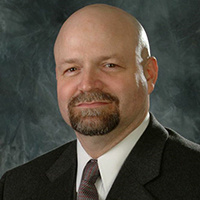Eagle River Criminal Lawyer, Alaska
Sponsored Law Firm
-
 x
x

Click For More Info:
-
Dan Allan & Associates
800 E Dimond Blvd Suite 3-620 Anchorage, AK 99515» view mapCriminal Defense More Than Just A Law Firm
At the Law Offices of Dan Allan and Associates, we believe in helping our clients get rid of some the stress their facing.
907-344-8851
Jeremy M. Collier
✓ VERIFIEDA life-long Alaskan, I grew up right here in the valley. I attended college and law school on scholarship, graduating from the Thomas M. Cooley Law Sc... (more)
Steven J. Priddle
✓ VERIFIEDAttorney Priddle has extensive experience representing clients in a variety of DUI, domestic violence and divorce cases. As a DUI attorney, a criminal... (more)
James Alan Wendt
✓ VERIFIEDAttorney James Wendt was born in New York City and raised in northern New Jersey. Mr. Wendt was educated at Northeastern University and the State Univ... (more)
Christopher M. Cromer
✓ VERIFIEDChristopher M. Cromer is a practicing lawyer in the state of Alaska handling a variety of legal matters.
 Daniel Allan Anchorage, AK
Daniel Allan Anchorage, AK Practice AreasExpertise
Practice AreasExpertise




